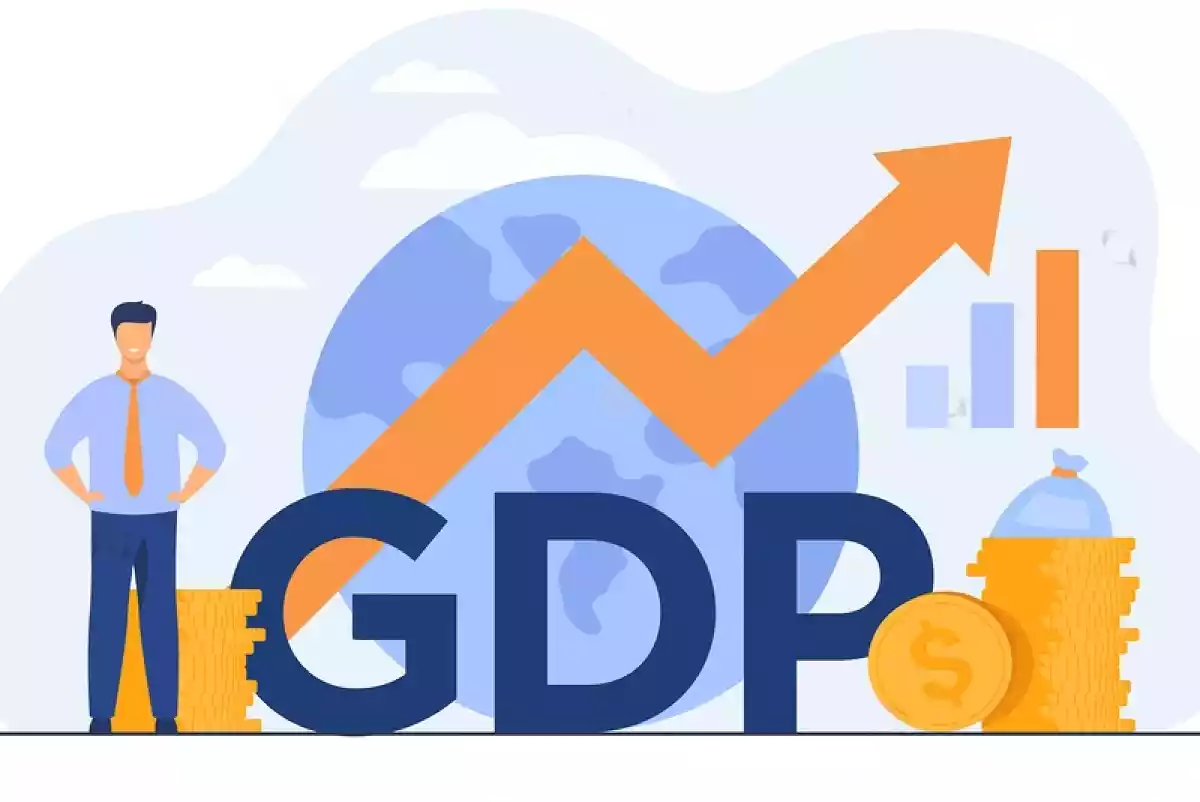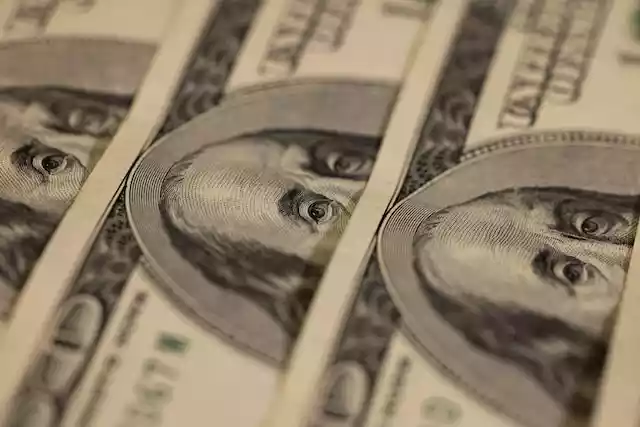How Does Fiscal and Monetary Policy Impact the Economy?
Fiscal and monetary policies are instrumental strategies employed by governments and central banks to shape the overall economy.

While both policies share the common objective of attaining economic stability and promoting growth, they operate in different ways and have distinct impacts on various aspects of the economy.
Table of Contents
Fiscal Policy’s Impact on the Economy
Fiscal policy refers to the decisions and actions taken by the government to manage its revenue, spending, and borrowing.
It involves the use of taxation and government expenditure to influence the overall economic activity.
Here’s how fiscal policy impacts the economy:
- Aggregate Demand: Fiscal policy directly affects aggregate demand, which is the total amount of goods and services demanded in the economy.
By increasing government spending, the government injects money into the economy, stimulating demand for goods and services.
This increased demand leads to higher production, increased employment, and economic growth. - Employment and Unemployment: Fiscal policy plays a crucial role in influencing employment levels. When the government increases spending on public projects like infrastructure development, it creates job opportunities.
This leads to increased employment rates and reduces unemployment. Conversely, contractionary fiscal policy, which involves reducing government spending, can result in job losses and higher unemployment rates. - Income Distribution: Fiscal policy can also impact income distribution within the economy.
Governments can design tax systems to be progressive, meaning higher-income individuals are taxed at a higher rate.
This progressive taxation allows the government to redistribute income by allocating resources towards social welfare programs and poverty alleviation initiatives. - Investment and Savings: By implementing fiscal policies that provide tax incentives or subsidies for investment, the government can encourage businesses to invest in capital projects.
This increases investment levels, stimulates economic growth, and improves productivity.
Similarly, fiscal policies that promote savings, such as tax breaks for saving in retirement accounts, can help individuals accumulate wealth and contribute to long-term economic stability. - Budget Deficits and National Debt: One important aspect of fiscal policy is its impact on budget shortages and the national debt.
Expansionary fiscal policies, which involve increased government spending or tax cuts, can lead to budget deficits if government revenues are not sufficient to cover expenditures.
These deficits are typically financed by borrowing, which adds to the national debt. Managing budget shortages and the national debt is crucial to maintain long-term economic stability.
Monetary Policy’s Impact on the Economy
Monetary policy refers to the actions taken by the central bank to regulate the money supply, interest rates, and credit conditions in the economy.
It focuses on influencing borrowing costs, credit availability, and the overall cost of money.
Here’s how monetary policy impacts the economy:
- Interest Rates: One of the primary tools of monetary policy is the adjustment of interest rates. By raising or lowering interest rates, the central bank influences the cost of borrowing for businesses and individuals.
Lowering interest rates encourages borrowing, as it becomes cheaper to obtain credit. This stimulates spending, investment, and economic activity.
On the contrary, raising interest rates reduces borrowing and helps control inflation.
Read on: How does Monetary Policy Affect Inflation? An Easy to Grasp Explanation - Money Supply: Another key aspect of monetary policy is managing the money supply in the economy.
The central bank can increase or decrease the money supply through open market operations, which involve buying or selling government securities.
Increasing the money supply boosts liquidity in the financial system, making more funds available for lending and stimulating economic activity.
Conversely, reducing the money supply helps control inflationary pressures. - Inflation and Price Stability: Maintaining price stability is a crucial objective of monetary policy. By adjusting interest rates and managing the money supply, the central bank aims to control inflation.
If the economy experiences high inflation, the central bank can implement contractionary monetary policy by raising interest rates and reducing the money supply.
This helps curb inflation and ensures price stability. - Exchange Rates: Monetary policy can also impact exchange rates, especially in countries with floating exchange rate regimes.
By adjusting interest rates, central banks can influence capital flows, which in turn affect the value of the domestic currency relative to other currencies.
A higher interest rate attracts foreign investors, leading to an appreciation in the currency, while a lower interest rate can result in a depreciation. - Financial Stability: Central banks play an important role in maintaining financial stability. During times of economic crisis or financial turmoil, central banks can implement measures to ensure the stability of the banking system.
This may involve providing liquidity support to banks, implementing regulations to mitigate risks, or conducting stress tests to assess the resilience of financial institutions.
Interaction between Fiscal and Monetary Policies
Fiscal and monetary policies often work in tandem to achieve economic stability and growth. In some cases, they are deliberately coordinated to complement each other’s effects.
For example, during periods of economic recession, expansionary fiscal policy, such as increased government spending, can be accompanied by expansionary monetary policy, such as lowering interest rates.
This combined approach aims to stimulate economic activity, boost investment, and accelerate the recovery process.
However, there can also be instances where fiscal and monetary policies conflict with each other. For instance, expansionary fiscal policy can put upward pressure on inflation, requiring the central bank to respond with contractionary monetary policy to curb or stop inflationary pressures.
Balancing the objectives of fiscal and monetary policies requires careful coordination and consideration of their respective impacts on the economy.
Wrap Up
Both fiscal and monetary policies have significant impacts on the economy. Fiscal policy directly influences aggregate demand, employment, income distribution, and investment levels through changes in government spending and taxation.
Monetary policy, on the other hand, affects the economy indirectly by regulating interest rates, the money supply, and credit conditions.
Comprehending the effects of these policies is important for policymakers, as they strive to maintain stability, promote growth, and address economic challenges.





